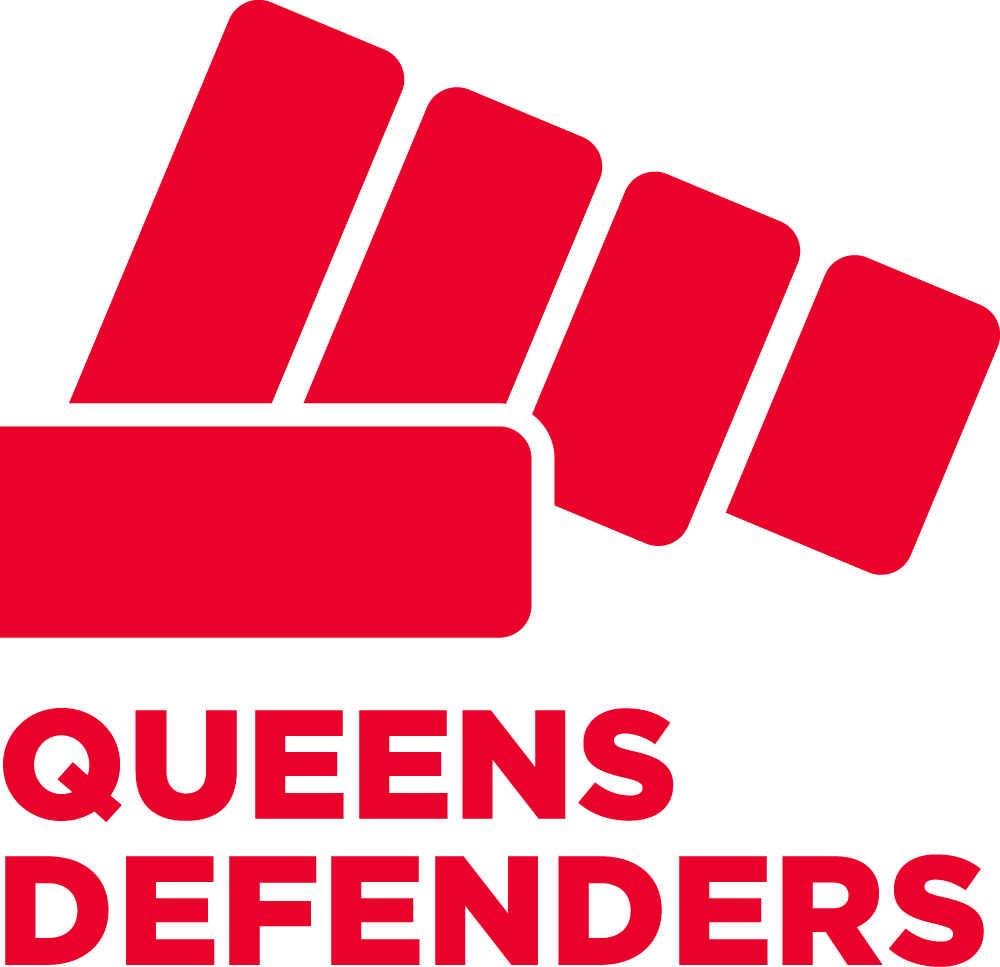Mani Tafari, Criminal Attorney, Queens Defenders
Understanding the U.S. Constitution’s Fourth, Fifth, and Sixth Amendment rights is critical for black and brown people, especially adolescents and young adults. Queens Defenders is launching Justice 456, an educational tour of schools, community centers, churches, and other community venues. We want to teach those most at risk of a wrongful conviction how to protect themselves.
- The Fourth Amendment guarantees you the right to be protected from unlawful searches and seizures. Police cannot search you or your house without a search warrant or “probable cause” to think you have committed a crime.
- The Fifth Amendment allows you to refuse to answer questions from the police or prosecutor in order to avoid making incriminating statements against yourself. Understanding that you do not have to “explain yourself to a police officer” can save you years and perhaps decades in jail.
- The Sixth Amendment provides the right to be represented by a lawyer who can explain your rights and the charges against you. Do not speak to a police officer — who is supported by the District Attorney, the police department, criminal justice agencies – without a lawyer.
A person’s words can be twisted and used against them in a court of law regardless of whether they’re innocent. In fact, criminal defense attorneys spend a large portion of their time attempting to get statements made by defendants without a lawyer present thrown out of court. By remaining silent, you are much more likely to have a successful outcome to your case.
The bottom line: always be respectful and polite to police officers and never lie to them, but, more importantly, never say anything to them other than requesting the presence of a lawyer.
Knowledge is power. Understanding your rights and using them respectfully will benefit you in both the short and the long term.
